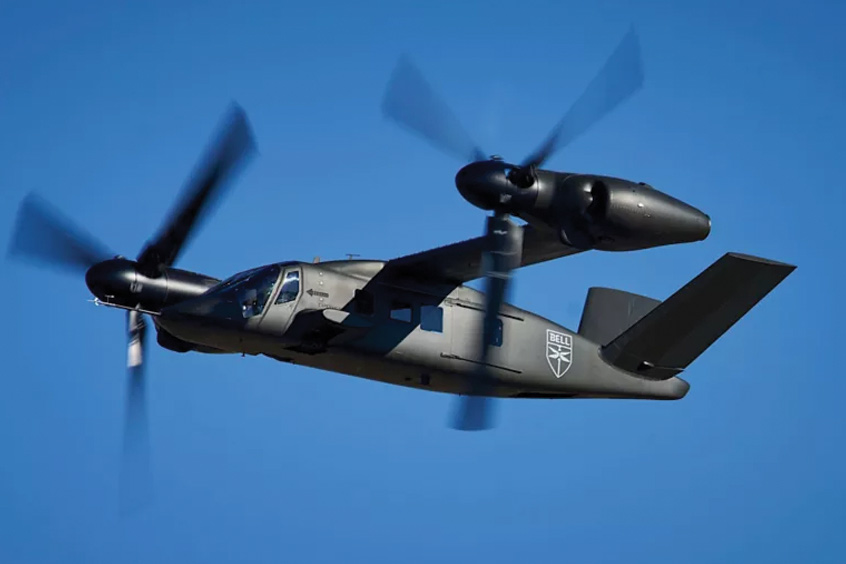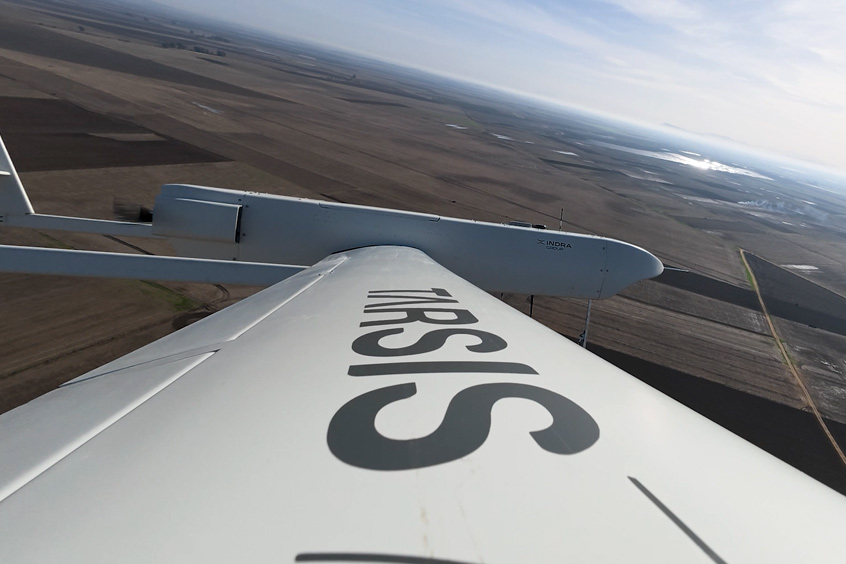PRESS RELEASE
Issued by: DDC-I, Inc.
DDC-I, a leading supplier of safety-critical operating systems and tools, announced that its DO-178 Deos multicore real time operating system (RTOS) has been selected by Honeywell to host its new Honeywell Anthem cloud-native cockpit system. Deos features such as fine grain cache partitioning, binary modularity, and reusable certification evidence give Honeywell Anthem the ability to set the new gold standard for future flight deck systems.
Larry Miller, Honeywell's Real Time Operating Systems Chief Engineer, stated, "Deos plays a central role in the Honeywell Anthem Flight Deck. It yields excellent performance on modern, power efficient processors while also offering unique capabilities that give us better control of core-to-core contention. This allows us to meet our safety objectives with deterministic operation while at the same time reducing the worst-case CPU utilisation of our applications. Deos boosts processing performance by implementing fine grained cache partitioning in software rather than hardware, which gives us access to faster and more efficient processors. As a result, the Honeywell Anthem system enjoys a compelling advantage in throughput per watt over other competitive offerings. In addition, Deos' capabilities promote software modularity and binary reuse, which reduces our verification and validation complexity and lowers our certification cost, thereby reducing the effort needed to reapply Honeywell Anthem from one aircraft type to the next. We have decades of experience using Deos in numerous safety-critical Honeywell products, and it has a strong technical pedigree."
Honeywell Anthem is an always-on, cloud-connected cockpit system that improves autonomy, flight efficiency, operations, safety, and comfort. Anthem's flight deck combines unprecedented connectivity with an intuitive smart-phone-like interface, crystal clear 2k display and modern aesthetics comparable to those in the high-end automotive market. With a few finger swipes, pilots or operators, whether in the cockpit or on their device at home, can reconfigure screens and information and customise the layout of digital displays within the cockpit just like they would on their personal smart device.
"DDC-I's Deos is a mature, robust DO-178C DAL A verified avionics platform that has already flown for millions of hours in Honeywell systems aboard commercial air transport, business jet, military aircraft and helicopters," said Greg Rose, vice president of marketing and product management at DDC-I. "We are excited to have been selected by Honeywell for this next generation of flight deck systems. Advanced features like multicore capabilities that address CAST-32A objectives, low-jitter deterministic operation, and reusable certification evidence make Deos the perfect safety-critical environment for developing, certifying, and deploying advanced avionics systems like Anthem."
Deos is a safety-critical embedded RTOS that employs patented cache partitioning, memory pools, and safe scheduling to deliver higher CPU utilisation than any other certifiable safety-critical COTS RTOS on multi-core processors. First certified to DO-178 DAL A in 1998, Deos provides a FACE Conformant Safety Base and Safety Extended Profiles that features hard real-time response, time and space partitioning, and Rate Monotonic, ARINC-653 and POSIX interfaces.
SafeMC technology extends Deos' advanced capabilities to multiple cores, enabling developers of safety-critical systems to achieve best in class multi-core performance without compromising safety critical task response and guaranteed execution time. SafeMC employs a bound multiprocessing (BMP) extension of the symmetric multiprocessing architecture (SMP), safe scheduling, and cache partitioning to minimize cross-core contention and interference patterns that affect the performance, safety criticality and certifiability of multi-core systems. These features enable avionics systems developers to address issues that could impact the safety, performance and integrity of a software airborne system as specified by the Certification Authorities Software Team (CAST) in its Position Paper CAST-32A for Multi-core Processors.
| Contact details from our directory: | |
| DDC-I, Inc. | Onboard Computers |
| Honeywell Aerospace | Air Conditioning Equipment, Air Conditioning Equipment, Magnetometers, Cockpit Printers, Airborne Communication Systems, Cooling Systems, Cargo Systems, Airspeed Indicators, WAAS Equipment, Starter Generators, Bleed Air Systems, Air Purification Systems, Flight Management Systems, Engine Parts, Pneumatic Systems Equipment, Automatic Flight Control Systems, Inertial Components & Systems, Multi-Mode Receivers (MMR), Cabin Pressure Control Systems, Autopilots, Cockpit Control Systems, Avionics Management Systems, Automatic Direction Finders, Distance Measuring Equipment, Transceivers, VOR (Omnirange) Receivers, Radio Communications Equipment, GPS, Attitude and Heading Reference Systems, Radar/Radio Altimeters, Terrain Awareness and Warning Systems, Horizontal Situation Indicator, Heading Indicators, Onboard Intercom Systems, Electronic Flight Instrument Systems, Flight Recorders, Collision Avoidance Systems/TCAS, Fly-by-Wire Systems, Air Data Computers, Cabin Management Systems, Weather Mapping Radar, Emergency Locator Transmitters, Radar Transponders, IFF Interrogators, Glide Slope Receivers, Weapons Countermeasures, LCD Displays, Moving Maps, Enhanced Vision Systems (EVS), Inflight Entertainment, Angle of Attack Indicators, Proximity Sensors, Testing Services, Environmental Testing Services, Electromagnetic Test Services, Electric Power Controllers, Cockpit Video Displays, Fibre Optic Gyroscopes, Fuel Tanks & Systems, Precoolers |
| Related directory sectors: |
| Flight and Data Management |
Weekly news by email:
See the latest Bulletin, and sign up free‑of‑charge for future editions.

Honeywell supplies LED landing search light for MV-75

Indra advances UAV collision avoidance with 360-degree detection trials

Northrop Grumman delivers 1,500th F-35 centre fuselage from Palmdale
Kratos expands in Birmingham with systems integration facility